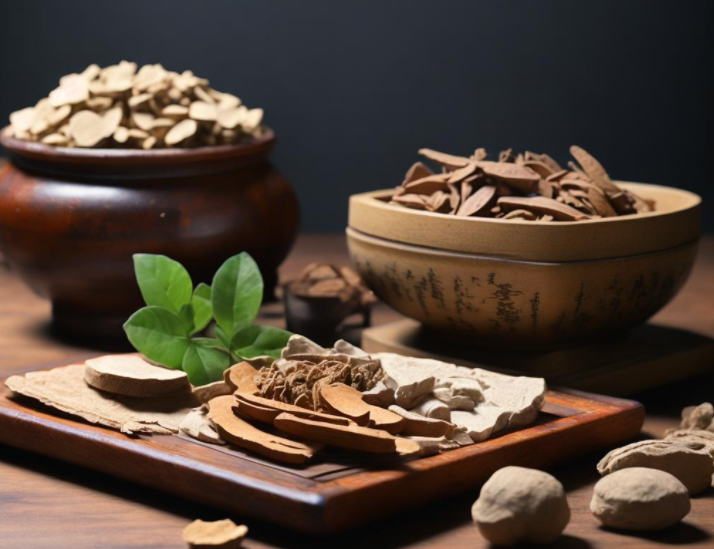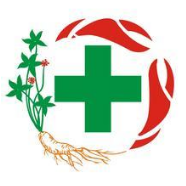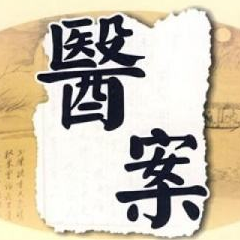In traditional Chinese medicine theory, dampness and dampness in the interior is a common pathological phenomenon, characterized by heavy body, weak limbs, and loss of appetite. For this disease, traditional Chinese medicine advocates treating it mainly with bitter and hot herbs, supplemented by sour and mild herbs. Bitter and hot herbs can dry dampness and transform heat, while sour and mild herbs can harmonize the spleen and stomach, and reduce food intake and accumulation. Through this treatment method, the effect of relieving dampness with bitterness and relieving heat with lightness can be achieved.
In terms of specific medication, traditional Chinese medicine will make personalized combinations based on the patient's specific situation. For example, in cases where there is a strong emphasis on dampness and evil, doctors will choose bitter and hot medicines such as Huanglian and Huangqin as the main medicines to dry dampness and dissipate heat; For cases of spleen and stomach weakness, doctors will choose sour and mild medicines such as hawthorn and tangerine peel as adjunctive drugs to harmonize the spleen and stomach.
在中医理论中,湿淫于内是一种常见的病理现象,其表现多为身体沉重、四肢无力、食欲不振等。对于这种疾病,中医主张以苦热之药为主,酸淡之药为辅进行治疗。苦热之药可以燥湿化热,酸淡之药则可以调和脾胃、消食化积。通过这种治疗方法,可以达到以苦燥湿、以淡泄热的效果。
在具体用药方面,中医会根据患者的具体情况进行个性化的配伍。例如,对于湿邪偏重的情况,医生会选择苦热之药如黄连、黄芩等为主药,以燥湿化热;而对于脾胃虚弱的情况,医生则会选择酸淡之药如山楂、陈皮等为辅药,以调和脾胃。



110X110.png)
110x110.png)






请登录之后再进行评论